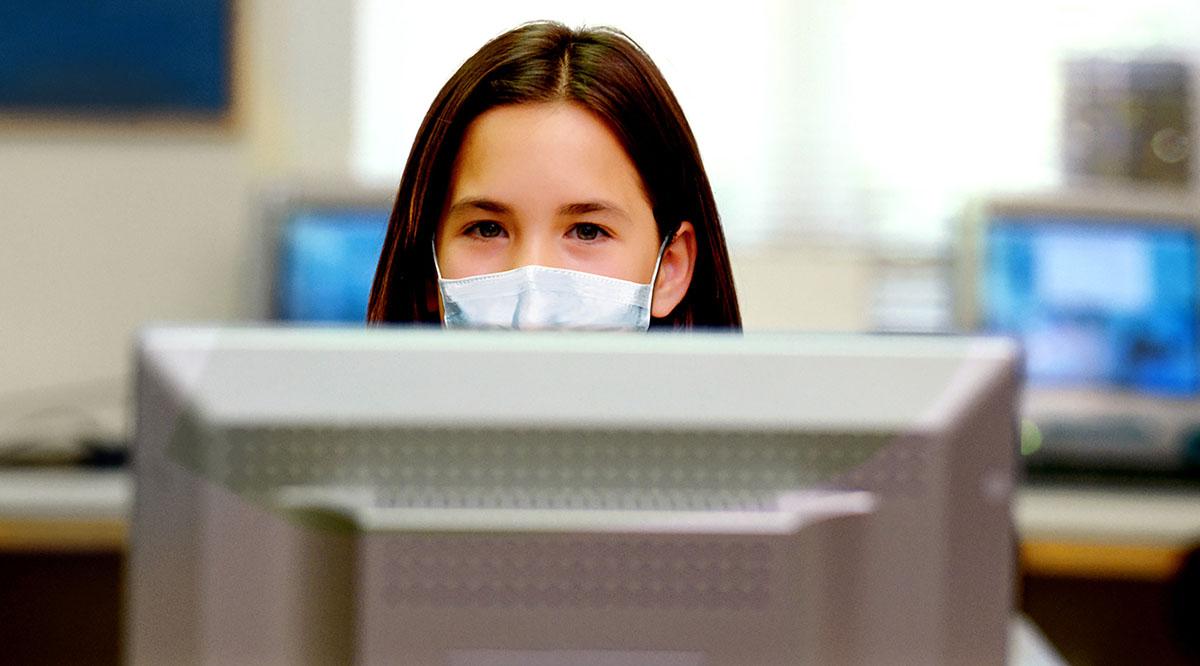Due to widespread stay-at-home orders, multiple testing dates for the Medical College Admission Test® (MCAT®) were canceled during the months of March, April, and May. This has led to considerable and understandable frustration among the many students who wish to take the MCAT exam and apply to medical school.
On April 24, the AAMC announced that it was adding additional testing dates and seats for exams taking place in the coming months, and that registration for those exams would open on May 7. Despite extensive preparation for that opening, the registration system experienced significant technical issues during the first few hours, and registration was delayed until the early afternoon.
Fortunately, by the end of the day, 62,000 examinees were able to schedule their exams, and 78,000 are now registered for exams from May through September, with thousands of seats and multiple dates remaining.
We have made extensive changes to the exam to ensure that students can safely take the test during the COVID-19 pandemic, including shortening the test and administering the exam three times a day for all remaining dates this year. Additionally, we have increased testing capacity by 50% for each exam date.
When MCAT testing resumes, there will be multiple health and safety measures in place at all test centers, including social distancing. (Examinees will be seated 6 feet apart in the test center.) Examinees will also be able to bring masks and gloves to the exam, hand sanitizer will be available, and enhanced disinfecting practices will occur at the test centers before and after each seating.
The AAMC is committed to supporting the next generation of physicians while being mindful of the safety of students and adhering to national, state, and local health guidelines and restrictions.
We regret that this has been a disruptive and frustrating time for aspiring medical students and apologize for the problems many had while accessing the registration system when it first opened. We continue to work closely with medical school leadership, who are acutely aware of the challenges prospective applicants are facing and are committed to being flexible with their admissions processes this coming year. In addition, schools are committed to putting fair and equitable processes in place during this very atypical admissions cycle and are preparing their admissions cycles for later delivery of MCAT scores as part of the application process. We have also provided resources to admissions officers so that they are aware of the changes that have been made because of the coronavirus pandemic, such as scoring (students will receive the same scores on the shortened exam as they do on the full-length exam).
Our goal during this pandemic is to implement a test administration plan for the MCAT that allows as many examinees who wish to test in 2020 to sit for an exam so that they can apply to medical school. The AAMC is committed to supporting the next generation of physicians while being mindful of the safety of students and adhering to national, state, and local health guidelines and restrictions.
